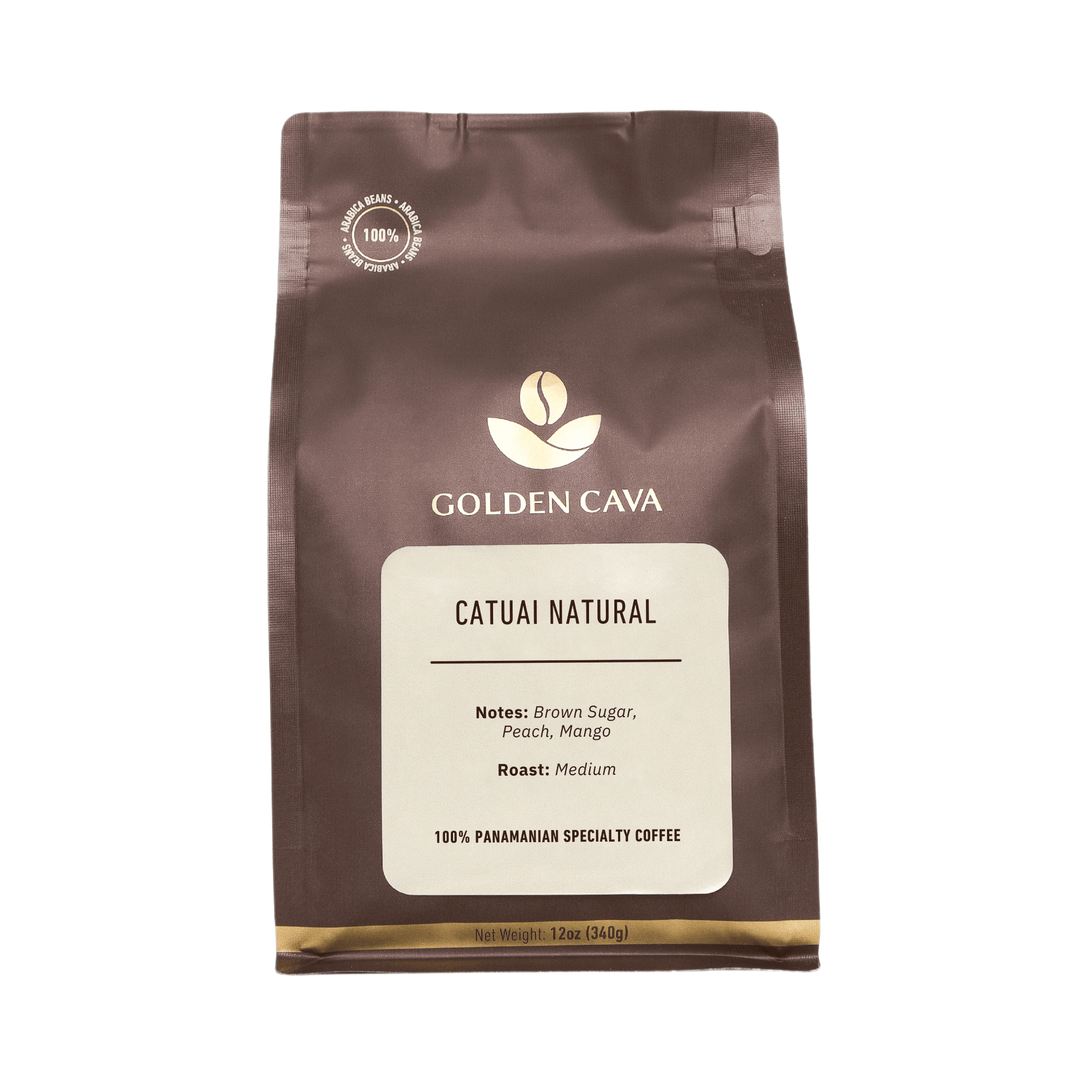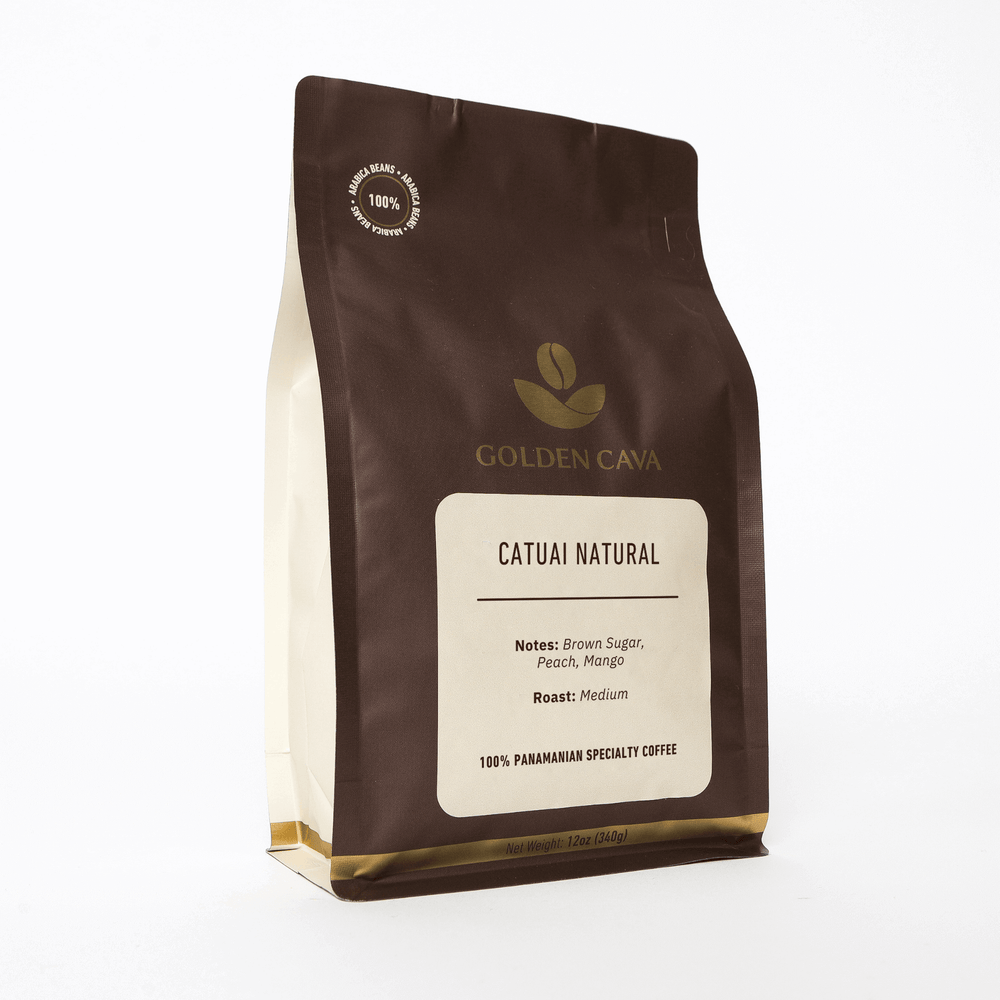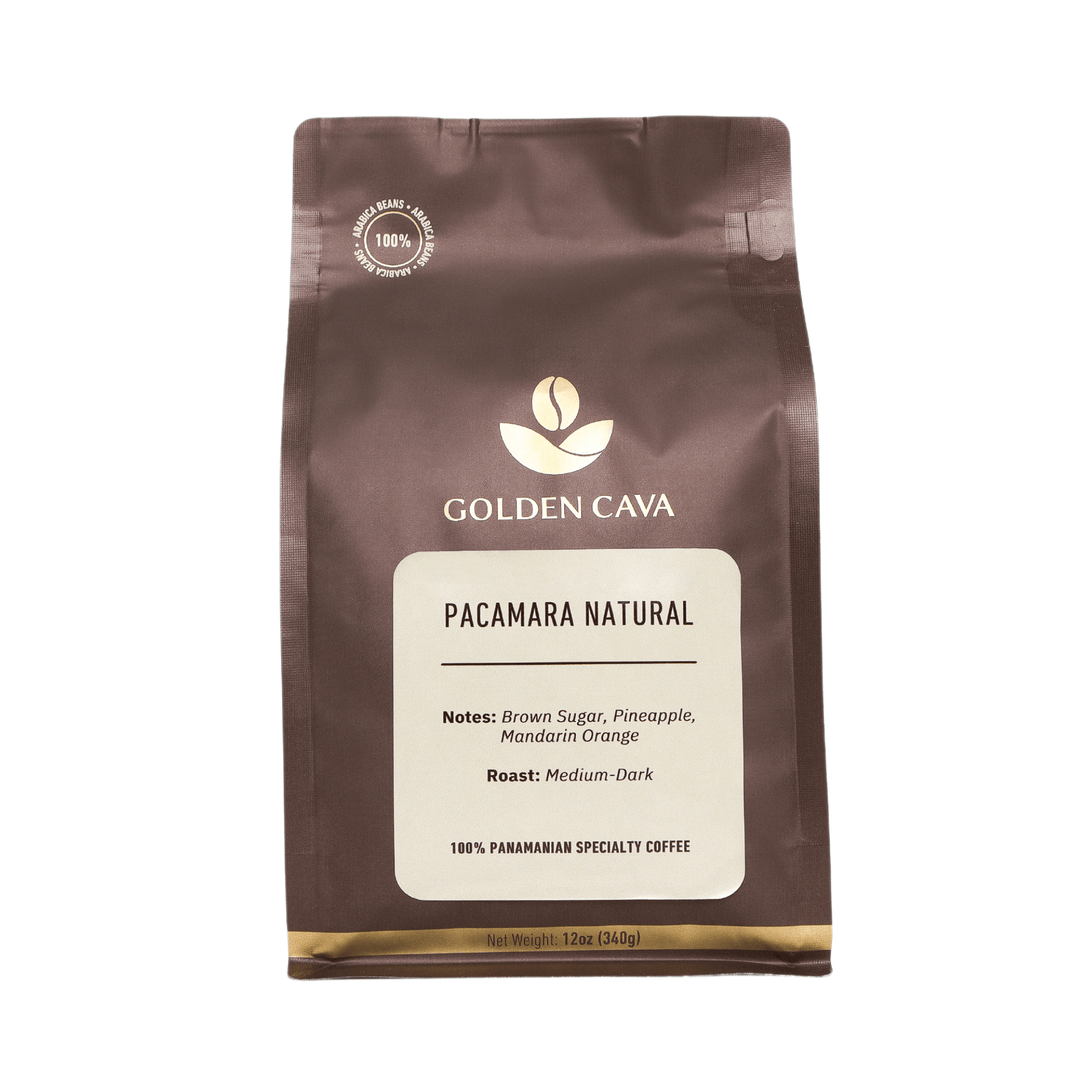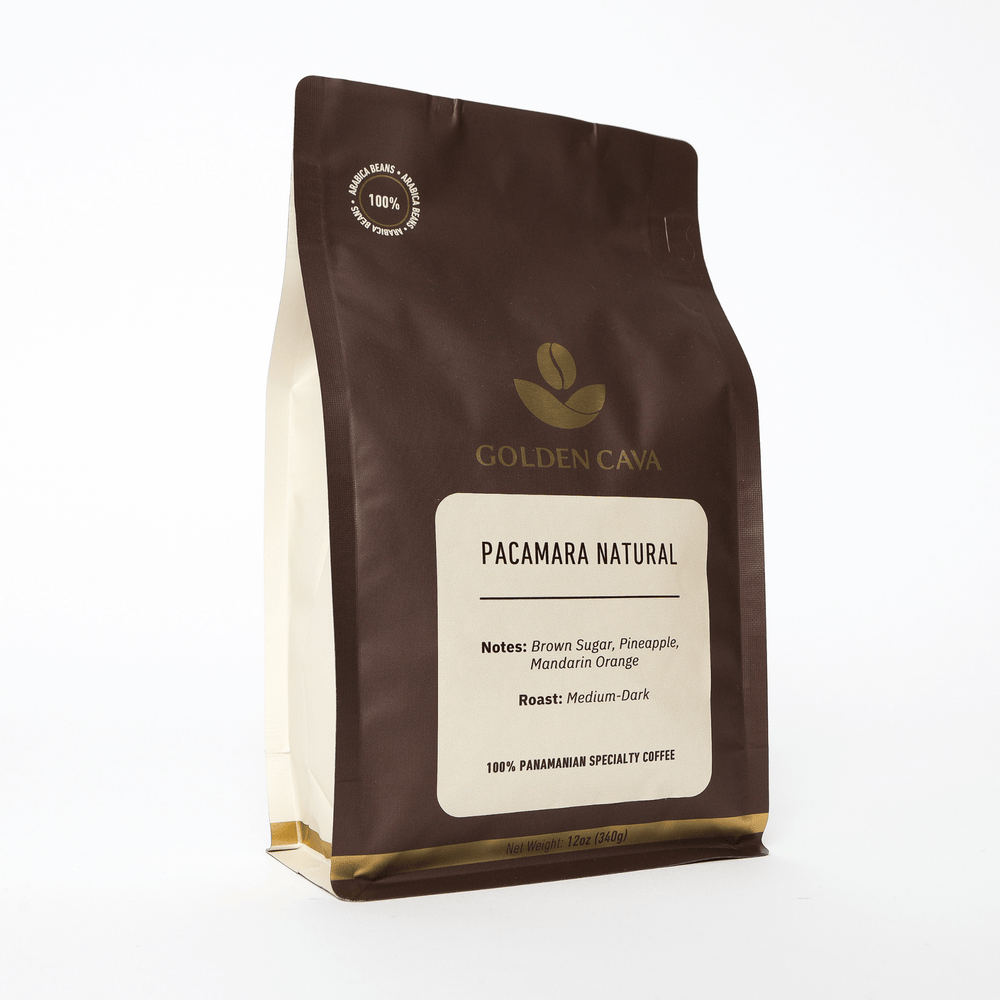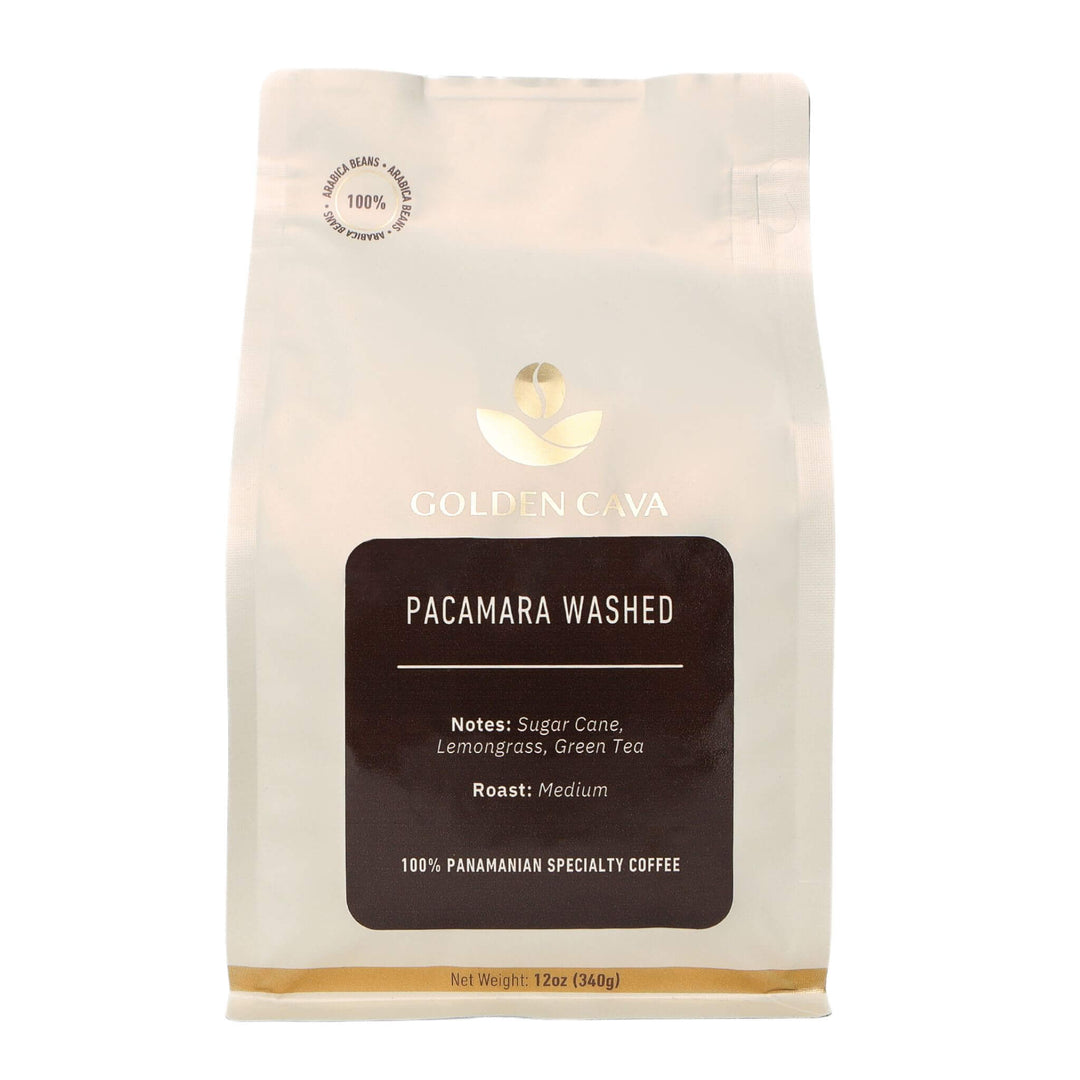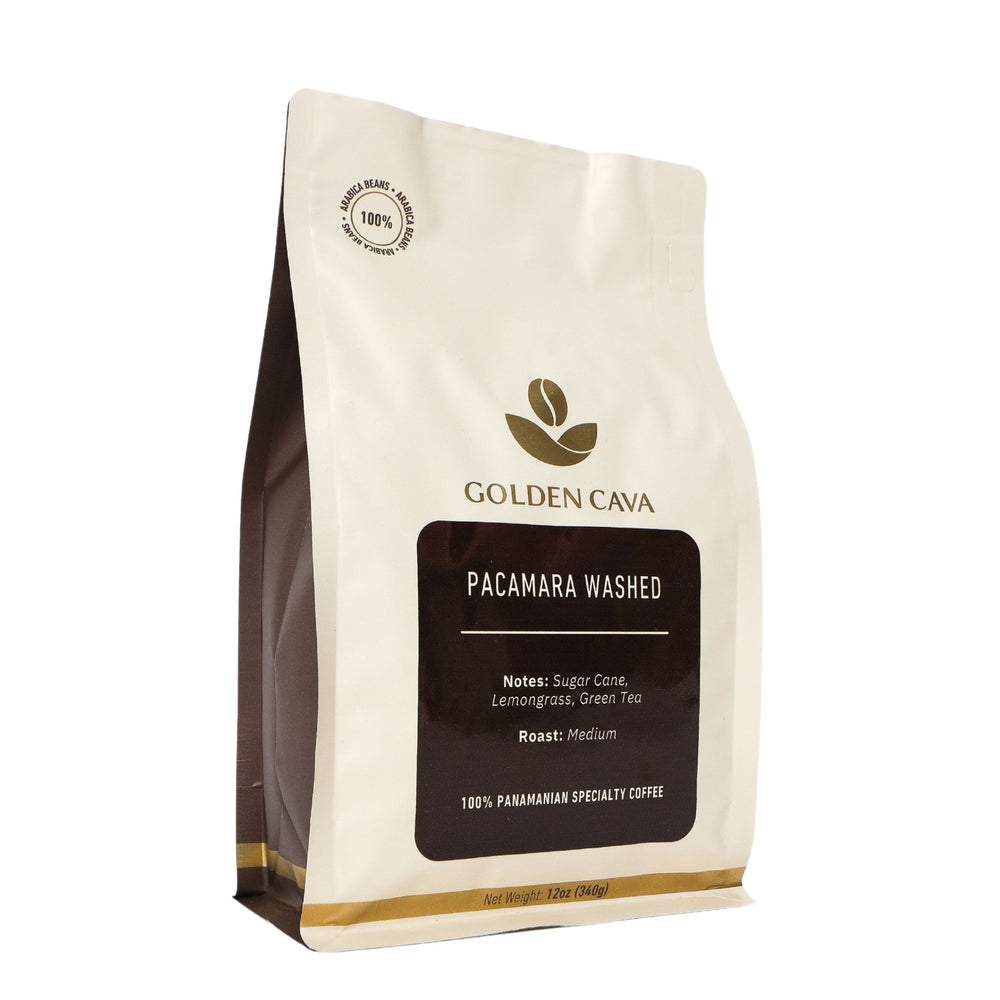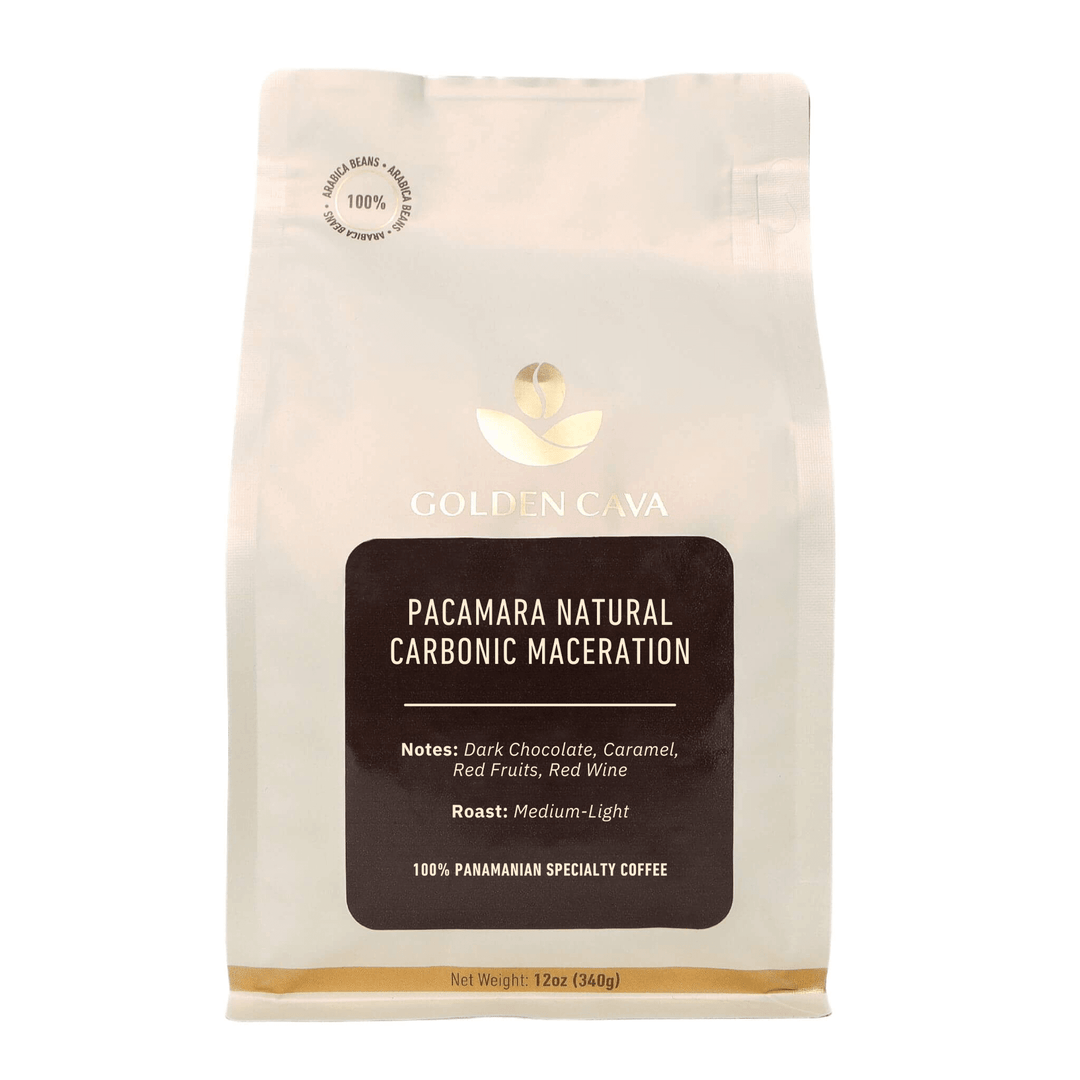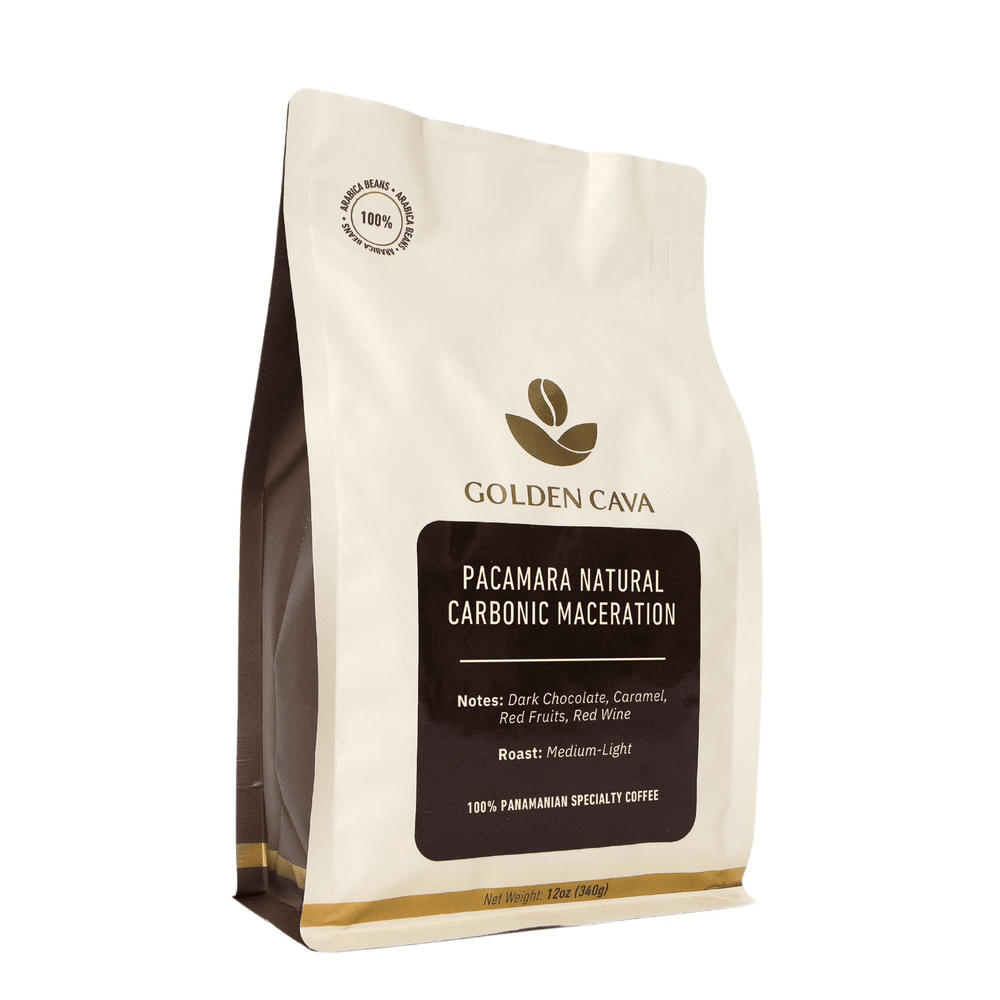In the ongoing debate between caffeine in Red Bull vs coffee, people often ponder which beverage offers the most effective energy boost while considering differences in taste, health advantages, and cost. Caffeine, a natural stimulant present in various plants, plays a vital role in enhancing alertness and focus in our daily lives.
This article provides an in-depth comparison of Red Bull and coffee, encompassing their caffeine content, health benefits, flavor profiles, and potential effects. We will cover caffeine levels in both beverages and explore their respective health advantages. Additionally, we'll investigate the distinctive flavors that set each drink apart and examine how caffeine consumption from these sources may yield varying effects.
Table Of Contents:
- 1. Caffeine Content in Red Bull vs Coffee
- 2. Health Benefits of Coffee vs. Red Bull
- 3. Taste Comparison: Coffee vs. Red Bull
- 4. Effects of Caffeine from Coffee vs. Red Bull
- 5. Cost Comparison: Coffee vs. Red Bull
- FAQs
- Conclusion
1. Caffeine Content in Red Bull vs Coffee
When it comes to staying alert and energized, both coffee and Red Bull are popular choices for many people. Serving size and type of coffee beans used can significantly affect the caffeine in both Red Bull and coffee.
Comparing the caffeine content in Red Bull with that of different types of coffee will be discussed in the section below.
Caffeine Content in Red Bull
The content of caffeine in Red Bull vs coffee is a question that gets asked regularly. Red Bull Energy Drink, one of the most well-known energy drinks worldwide, contains 80 milligrams (mg) of caffeine per 8.4-ounce (250 ml) can. This amount is relatively consistent across all flavors and variations offered by the brand.
Caffeine Content in Different Types of Coffee
The caffeine content in coffee varies widely based on factors such as bean origin, roast level, brewing method, and serving size. Here's a general overview:
- Drip or Filtered Coffee: A standard 8-ounce (240 ml) cup typically contains between 95 -165 mg of caffeine.
- Espresso: One shot (about 30 ml) usually has around 63 mg of caffeine; however, espresso-based drinks like lattes or cappuccinos contain varying amounts due to additional ingredients like milk or water.
- French Press or Plunger Pot: An average-sized cup (around 240 ml) provides approximately 80 - 135 mg of caffeine.
- Instant Coffee: An 8-ounce (240 ml) cup typically contains between 30 - 90 mg of caffeine, depending on the brand and preparation method.
Conversely, coffee typically has a higher caffeine content than Red Bull. However, it's essential to consider factors like serving size and personal preferences when choosing between these two beverages for an energy boost.
Factors Affecting Caffeine Content in Coffee
Apart from the methods used for preparation and size of servings, other elements can also have an effect on the caffeine levels in your coffee. Some key aspects include:
- Type of Coffee Beans: Different varieties, such as Arabica or Robusta, contain varying levels of caffeine; Robusta beans generally have more than Arabica beans.
- Roast Level: Contrary to popular belief, lighter roasts tend to contain slightly more caffeine than darker roasts due to longer exposure times during the roasting process, which causes some loss in overall mass, including small amounts of caffeine from bean structure breakdowns.
- Coffee-to-Water Ratio: The ratio used while brewing also affects the final product's strength and its total caffeination level. Using more grounds per water volume will result in stronger cups with higher amounts present within them overall.
To gain a comprehensive understanding of your caffeine intake it's important to consider all the factors mentioned earlier, as well as those tailored to your personal taste preferences. Make your decisions based on more than just generalized averages.
While coffee generally contains more caffeine than Red Bull, it's essential to weigh this against the unique health benefits each beverage offers when choosing which one to enjoy.

Key Takeaway: This article compares the caffeine content of Red Bull and different types of coffee, such as drip or filtered, espresso, French press plunger pot, and instant. Factors like bean origin, roast level and brewing method can affect the amount of caffeine in each cup - with an 8-ounce serving containing between 95 to 165 mg for a regular brewed coffee compared to 80 mg per 250 ml can for Red Bull. Ultimately, it comes down to personal preference when deciding which beverage is best suited for an energy boost.
2. Health Benefits of Coffee vs. Red Bull
Let's say it is time to choose a caffeinated beverage! It's essential to consider the health benefits and potential drawbacks associated with each option. In this section, we will explore the health benefits of coffee compared to those associated with consuming Red Bull.
Coffee Health Benefits
- Rich in Antioxidants: Coffee is known for its high antioxidant content, which can help protect your body from damage caused by free radicals. Some studies suggest that coffee may even have more antioxidants than fruits and vegetables (source).
- Mental Alertness: The caffeine in coffee has been shown to improve mental alertness and cognitive function when consumed in moderation (source).
- Potential Disease Prevention: Research indicates that regular coffee consumption may be linked to a reduced risk of developing certain diseases such as Parkinson's disease, Alzheimer's disease, type 2 diabetes, and some types of cancer (source). However, more research is needed before definitive conclusions can be drawn.
- Fat Burning Properties: Caffeine found in coffee has been shown to increase metabolism and enhance fat-burning capabilities (source).
Red Bull Health Benefits
- Quick Energy Boost: Red Bull is designed to provide a rapid energy boost due to its high caffeine and sugar content. For those requiring a quick burst of energy, such as athletes or individuals feeling tired, Red Bull can be beneficial.
- Vitamin B Content: Red Bull contains several B vitamins, including niacin (B3), pantothenic acid (B5), vitamin B6, and vitamin B12. These vitamins play essential roles in maintaining proper brain function and energy production (source). However, it is worth noting that these vitamins are also available through a healthy diet.
In comparing the health benefits of these two drinks, it becomes evident that coffee offers more advantages when consumed in moderation. While both beverages contain caffeine, providing mental alertness and increased metabolism, coffee boasts additional benefits like antioxidants and potential disease prevention properties.
On the other hand, Red Bull may offer a quick energy boost but lacks the same range of health benefits found in coffee. Please note that excessive consumption of either beverage can lead to negative side effects such as insomnia or increased heart rate; therefore, moderation is key when consuming caffeinated drinks.
Coffee may offer protective effects against certain cancers and enhance cognitive functioning, making it a potentially health-promoting beverage. In contrast, Red Bull has a high caffeine content, which can be helpful in small amounts but may have negative consequences when taken excessively.
Let's now explore how coffee and Red Bull compare in terms of taste to determine which is better suited for your palate.

Key Takeaway: Coffee offers a variety of advantages, with its antioxidant content and ability to sharpen mental acuity being two key points. On the other hand, Red Bull may provide a quick energy boost but doesn't offer the same range of health benefits. Moderation is key for both drinks, so you don't experience any negative side effects.
3. Taste Comparison: Coffee vs. Red Bull
Regarding taste, coffee, and Red Bull offer vastly different experiences. In this part, we'll compare the flavors of both drinks and advise on picking out coffee to suit your taste.
A. Flavor Profiles of Coffee
Coffee offers a wide range of flavors depending on various factors such as bean origin, roast level, brewing method, and more. Some common flavor notes in coffee include:
- Fruity: Notes like berries or citrus fruits can be present in certain coffees.
- Floral: Delicate floral aromas are often found in lighter roasted beans from regions like Ethiopia.
- Nutty/Chocolatey: Coffees with these characteristics tend to come from Central and South America or have a medium-to-dark roast profile.
- Sweetness: Natural sweetness varies among different types of beans but is generally enhanced by proper roasting techniques.
To find the perfect cup that suits your taste buds, consider exploring our selection at Golden Cava, where you'll find an array of high-quality specialty coffees sourced from around the world.
B. Flavor Profile of Red Bull
Unlike coffee's diverse flavors, Red Bull has a distinctively sweet yet slightly tart taste derived primarily from its sugar content (or artificial sweeteners) along with other ingredients such as taurine and B-group vitamins. Some consumers describe The unique flavor as reminiscent of liquid candy or fruit-flavored gum.
C. Choosing the Right Coffee for Your Taste Preferences
With such a wide variety of coffee flavors available, choosing the right one for your taste preferences can be overwhelming. Here are some tips to help you make an informed decision:
- Bean Origin: Research different coffee-producing regions and their flavor profiles, as this will give you a good starting point.
- Roast Level: Lighter roasts tend to have brighter acidity and more pronounced fruity/floral notes, while darker roasts bring out deeper chocolatey/nutty flavors with lower acidity.
- Brewing Method: Experiment with various brewing methods like pour-over, French press, or espresso machine - each method can extract different flavors from the beans.
- Taste Test: Don't be afraid to try new types of coffee. Sampling is key in discovering what suits your palate best. Check out our range of specialty coffees at Golden Cava, or consider signing up for our monthly subscription service that delivers freshly roasted beans straight to your door.
In summary, when comparing the taste between coffee and Red Bull, there's no denying that they cater to vastly different preferences. While Red Bull offers a singular sweet-tart experience designed primarily for energy boosts rather than savoring its flavor profile, on the other hand -coffee provides an extensive array of tastes derived from bean origin roast level & brewing technique, making it the ideal beverage choice for those who appreciate complex sensory experiences in every sip.
Coffee's flavor is more subtle than Red Bull's, which has a much sweeter taste. Moving on to consider their effects, let's take a look at how caffeine from each beverage impacts your body.

Key Takeaway: Coffee offers a vast selection of flavors, while Red Bull has its own distinct sweet-tart flavor created to provide an energy lift. Coffee connoisseurs will appreciate the complexity of its flavor profile, whereas those looking for an energizing drink can enjoy the singular experience provided by Red Bull.
4. Effects of Caffeine from Coffee vs. Red Bull
There are some differences between coffee and Red Bull when the effects of caffeine on the body are discussed. In this section, we will analyze how long each beverage's caffeine content takes, how long these effects last, and any potential side effects.
A. Onset Time: How Long Does It Take for Caffeine to Kick In?
Caffeine from coffee typically begins to take effect within 10-20 minutes after consumption. However, its peak concentration in the bloodstream occurs around 30-60 minutes post-consumption (source). This means that you may start feeling more alert and focused shortly after drinking your cup of joe.
In contrast, Red Bull's caffeine content is absorbed slightly faster due to its liquid form and additional ingredients like taurine and B-group vitamins. These factors contribute to a quicker onset time of about 10-15 minutes.
B. Duration: How Long Do the Effects Last?
- Coffee: The half-life of caffeine (the time it takes for half the amount consumed to be eliminated from your body) varies among individuals but generally ranges between 3-5 hours (source). The duration of coffee's effects can vary from 3-8 hours, depending on factors such as age, weight, metabolism rate, genetics, and caffeine tolerance.
- Red Bull: The duration of Red Bull's effects is similar to that of coffee. However, due to its faster absorption rate and additional ingredients like taurine, some people may experience a more immediate energy boost followed by a quicker decline in alertness levels.
C. Potential Side Effects: What Are the Risks?
While moderate caffeine consumption is generally considered safe for most individuals, excessive intake can lead to potential side effects such as:
- Anxiety
- Insomnia
- Digestive issues
- Muscle breakdown (rhabdomyolysis)
- High blood pressure
- Rapid heart rate
- Addiction
It's important to note that these risks are associated with both coffee and Red Bull consumption. However, due to their different compositions and serving sizes, it might be easier for some people to consume excessive amounts of caffeine through energy drinks like Red Bull.
To minimize potential side effects while still enjoying your daily dose of caffeine from either source, it's essential to pay attention to recommended daily limits - which typically range between 400-600 mg per day for healthy adults (source).
The bottom line is that coffee and Red Bull offer two different types of energy boosts. When considering which drink to choose, it is important to weigh up the expense between coffee and Red Bull.

Key Takeaway: The effects of caffeine from coffee and Red Bull can differ in terms of onset time, duration, and potential side effects. Generally speaking, the former takes 10-20 minutes to kick in, while the latter is absorbed faster due to its liquid form. However, both sources have a similar range for how long their effects last (3-8 hours). Keep tabs on consumption to dodge potential issues and abstain from overindulging.
5. Cost Comparison: Coffee vs. Red Bull
Making a selection between coffee and Red Bull should include the cost, because it can be a major consideration for many. In this section, we will compare the costs associated with purchasing both beverages, including an overview of different brewing methods and their expenses.
Average Price per Serving
The cost per serving of Java can differ based on locale, type of beans employed, and preparation approach. A cup of black coffee from a local cafe or specialty e-commerce store like Golden Cava typically ranges from $1 to $5. A single can of Red Bull usually costs around two to three dollars at most grocery stores or convenience outlets.
Brewing Methods & Costs
- Drip Coffee: One popular way to make coffee is using a drip machine which requires filters and ground beans. The initial investment in equipment may range from $20-$100+, but long-term costs are relatively low since you only need fresh grounds and filters.
- French Press: This manual brewing method involves steeping coarsely ground beans in hot water before pressing them through a mesh filter. French presses can cost anywhere between $15-$60+; however, they don't require additional supplies besides your favorite coffee beans.
- Pour-over: Similar to drip machines but without electricity involved have prices ranging from about $10 up to hundreds if opting for high-end designs made with premium materials.
- Espresso Machine: For those who prefer espresso-based drinks like lattes and cappuccinos, an espresso machine is a must-have. Prices for these machines vary, with some going up to $1K+ depending on the features and brand. Keep in mind that additional costs include coffee beans specifically designed for espresso brewing and potentially a grinder if you choose to grind your own beans.
In contrast, Red Bull does not require any specific equipment or preparation methods since it comes pre-packaged in cans. However, purchasing larger quantities of Red Bull at once may result in lower per-unit costs through bulk discounts or sales promotions.
The Verdict: Which Is More Cost-Effective?
Ultimately, the most cost-effective option between coffee and Red Bull depends on individual preferences and consumption habits. If you enjoy multiple cups of coffee throughout the day or have access to affordable brewing equipment such as a drip machine or French press - then making your own coffee could be more economical than buying Red Bull regularly.
On the other hand, if you only need an occasional energy boost from caffeine without investing time into preparing beverages yourself - opting for canned energy drinks might suit your needs better, financially speaking.
To further explore specialty coffees that cater to different taste preferences while providing quality freshness with sustainability considerations involved - check out our offerings at Golden Cava.

Key Takeaway: In a nutshell, it comes down to individual preferences and habits when comparing the cost-effectiveness of coffee versus Red Bull. Depending on your caffeine needs, you may be better off investing in brewing equipment or purchasing bulk cans for energy drinks. If you're looking for quality freshness with sustainability considerations - Golden Cava has got you covered.
FAQs
Is there more caffeine in coffee or Red Bull?
There is generally more caffeine in coffee than in Red Bull. An 8-ounce cup of coffee contains around 95 mg of caffeine, while an 8.4-ounce can of Red Bull has about 80 mg. However, the concentration varies depending on the type and preparation method of the coffee.
How many coffees equal 1 Red Bull?
An average cup (8 ounces) of brewed coffee equals approximately one can (8.4 ounces) of Red Bull in terms of caffeine content. However, this comparison may vary based on factors such as brewing methods and coffee bean types.
Will Red Bull or coffee wake me up more?
Coffee tends to have a higher amount of natural caffeine compared to energy drinks like Red Bull. While both beverages can help increase alertness and focus, individual preferences and sensitivities play a role in determining which option will be more effective at waking you up.
Do energy drinks have more caffeine than coffee?
In general, most energy drinks contain less caffeine per ounce than brewed black or espresso-based coffees but often come with additional ingredients like taurine and B vitamins that contribute to their stimulating effects. Some brands may contain similar amounts or even exceed those found in certain types of coffee.
However, if we’re talking about specific energy drinks, then the content of caffeine in Red Bull vs. Coffee is less than you'd expect.
Conclusion
All in all, when making a decision between drinking Red Bull and coffee, it's crucial to consider the caffeine content as a key factor in meeting your beverage preferences and requirements. Coffee contains more natural antioxidants and may offer some health benefits that are not found in Red Bull.
The flavor of either drink can differ, depending on how it is made and one's own taste. Additionally, the effects of consuming either one can vary greatly due to individual tolerance levels as well as cost considerations for each product.
Knowing the disparities between these two caffeinated beverages before settling on a selection could guarantee you make an educated decision concerning what is most suitable for your needs.


